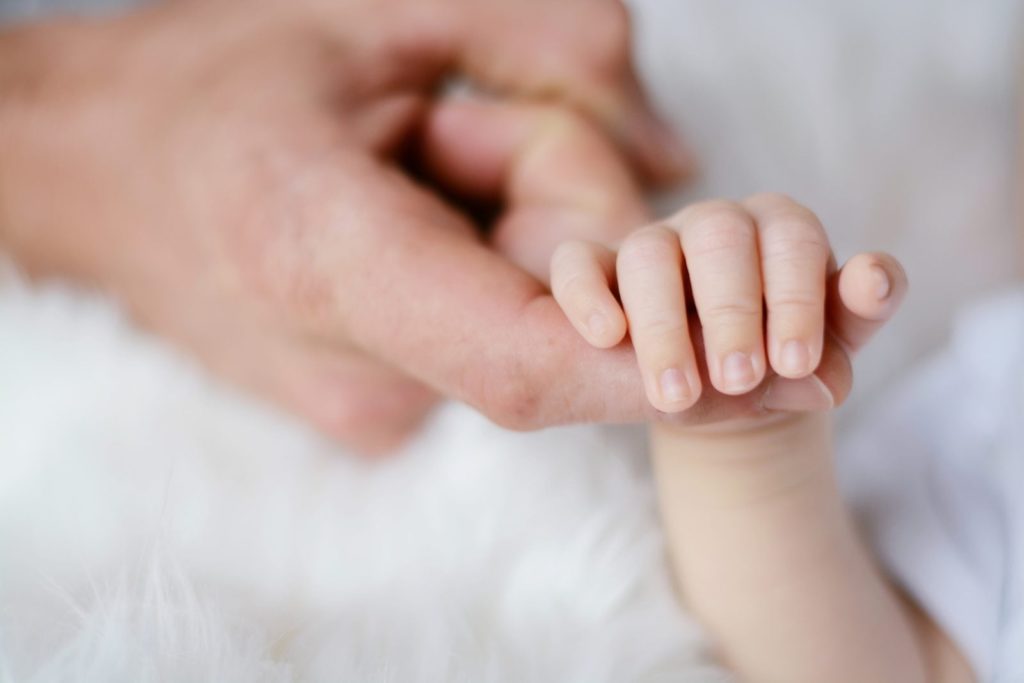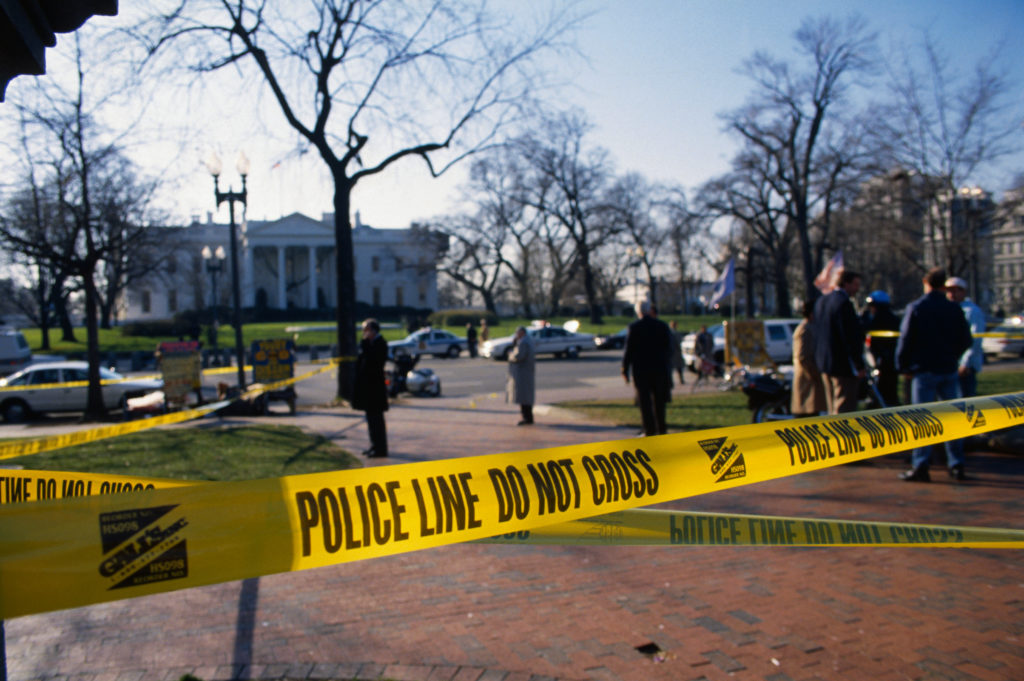What’s New at Face to Face
| Meet Sara Brewer,Our New Executive Director |
| It’s been a busy couple of months for us at Face to Face! First, I’d like to introduce myself. My name is Sara Brewer and I am the new Executive Director of Face to Face. Our beloved Rick Dean retired in May after 32 years with the organization. I was fortunate to work alongside Rick and the team in my previous role as the HIV Program Manager at Santa Rosa Community Health, and am so excited for the opportunity to join the team. I am a Petaluma-native, returning home to Sonoma County after 18 years away. My academic background is in Medical Anthropology and International Development, which I studied at the University of Amsterdam and where I stayed to work internationally for several years. This included research and advocacy for affordable HIV and other medications in developing countries, as well as a consultant on supply chain management for the Global Fund to Fight AIDS, Tuberculosis and Malaria. I am so excited and grateful for the opportunity to work with this incredible team at Face to Face and to return home to contribute to ending HIV in Sonoma County! Even with all the transition, it’s been a smooth couple of months. We have been busy with events, completing another successful Beerfest in June, and preparing for a very special Art for Life in September. We’ll be honoring Rick at this year’s event, and hope you’ll join us in our celebration. We also want to thank the Sonoma Stompers for a fun time and supporting us at their Pride Night, and to the Russian River Sisters for supporting us at July’s Bingo. This year’s support at Gay Wine Weekend’s Sunday Brunch auction was absolutely incredible, with special thanks to our Development Director, Gary Saperstein, for continuing to support Face to Face for so many years through his event. I look forward to meeting you at Art For Life, if not before here in our offices in Santa Rosa. Sara |
| ART FOR LIFEOur Largest Fundraiser of the Year!Become a Sponsor Today! |
| Join Face to Face for this very special Art for Life, the longest-running Art Auction to end HIV as we bid farewell to our retiring director Rick Dean, while introducing you to our new Executive Director, Sara Brewer. Join us as we celebrate these two exceptional leaders. Please consider becoming a sponsor for Art For Life as this is how we are able to put on this fabulous event and raise the much needed funds to do the work we do on a daily basis. Sponsor details and to sign up are right here. |
| EMAIL gary@f2f.org for SPONSORSHIP DETAILS |
| Are you an Artist here in Sonoma County? We are always looking for new artists to join us at Art For Life. Donate a piece of your work and know that your art is helping people living with HIV in Sonoma County. For details and registration visit the Art For Life Website. |
| Artist Registration |
| PROGRAM SERVICES UPDATEOn the cutting edge with the MAT program,as we continue to anticipate trends and gaps in services, and proactively evolve to meet the needs and demographics of our community. |
| Sonoma County is facing a public health crisis as the opioid and methamphetamine epidemics fuel the spread of HIV/AIDS and viral hepatitis, not only through the spread of injecting drugs, but also through risky sexual behaviors associated with drug use. In 2015, we began our Syringe Exchange Program, providing a space where people feel comfortable, without judgement. In addition to providing sterile equipment, we train individuals in overdose prevention, and distribute Naloxone for opioid overdose reversal, saving lives in our community. We are the most available syringe exchange program in Sonoma County, open 32 hours per week, providing over 350,000 syringes per year free of cost, with free disposal of used syringes. Last year alone, we provided services for over 3,000 people, with more than 2,000 visits to our office. We are uniquely positioned in Sonoma County to provide daily syringe exchange services alongside HIV testing and linkages to pre-exposure prophylaxis (PrEP), a pill that when taking daily, prevents the transmission of HIV. The demand for these services has grown exponentially, and, in 2017 so did our physical space with the conversion of a former, and largely unused computer lab into a new client meeting and supplies storage room. We have developed trusting relationships with our participants, where they enter a space they are familiar with, are respected, without the requirement that they stop using drugs as a precondition of support. However, we are here to provide support when a person is ready to seek treatment. Thanks to a 14-month grant from the Sierra Health Foundation in June, we began strengthening our linkage services to medicated assisted treatment (MAT) for people who use opioids, like heroin, fentanyl, and prescription pain relievers that contain opiates. MAT is the use of medications like buprenorphine, naltrexone, and methadone, in combination with counseling and behavioral therapies, to provide a whole-person approach to the treatment of opioid use disorders. Research shows that a combination of medication and therapy can successfully treat these disorders, and for some people struggling with substance use, MAT can help sustain recovery. Participants are supported by a treatment navigator at Face to Face, who provides linkage to care, care coordination, advocacy, and support such as reminders and scheduling. Participants will be able to access a variety of treatment information on a dedicated computer. We will collect valuable data from these services that will allow us to continually improve the quality of our services.Together, we are reducing the spread of HIV in people who use drugs, and ending HIV in Sonoma County. |




